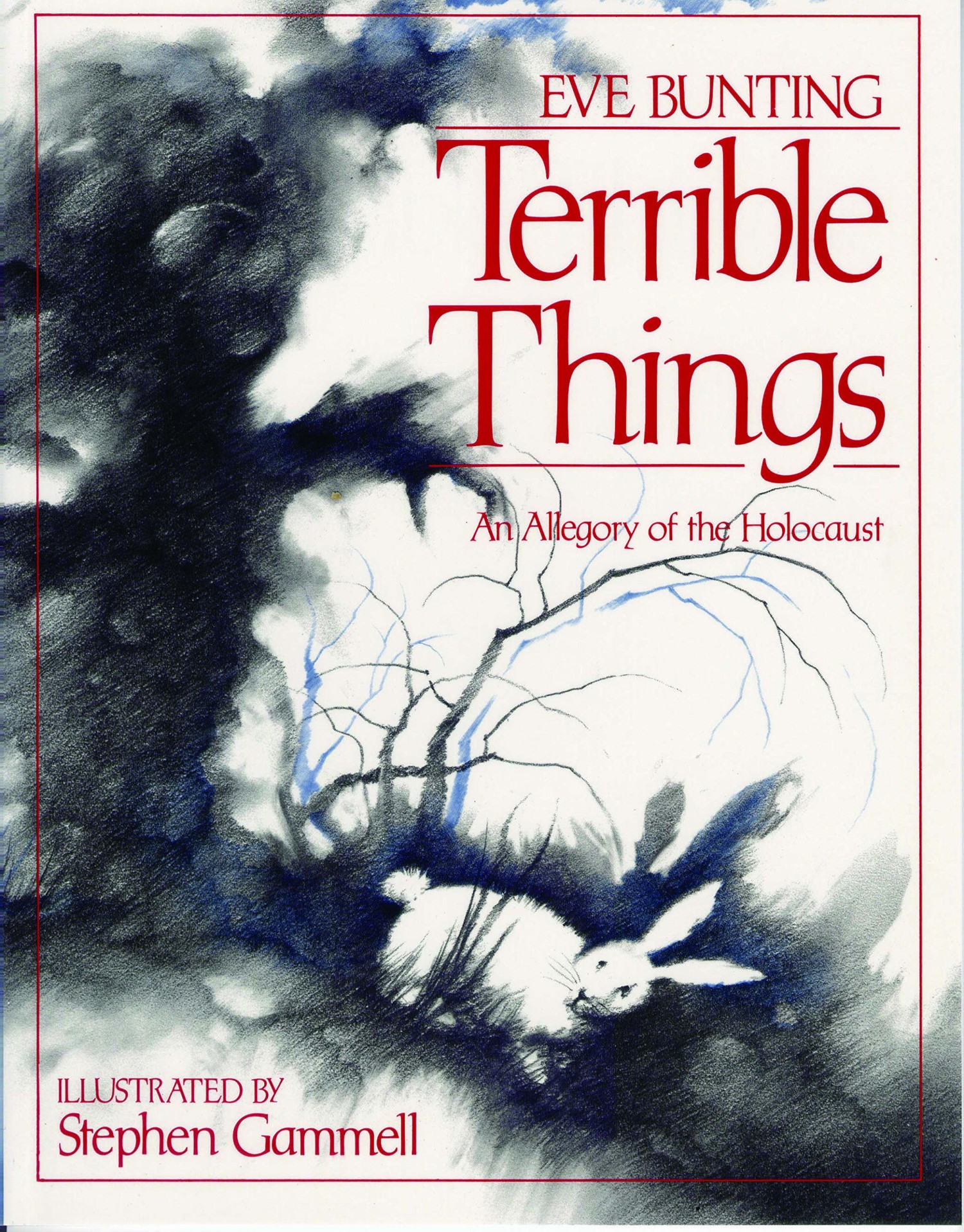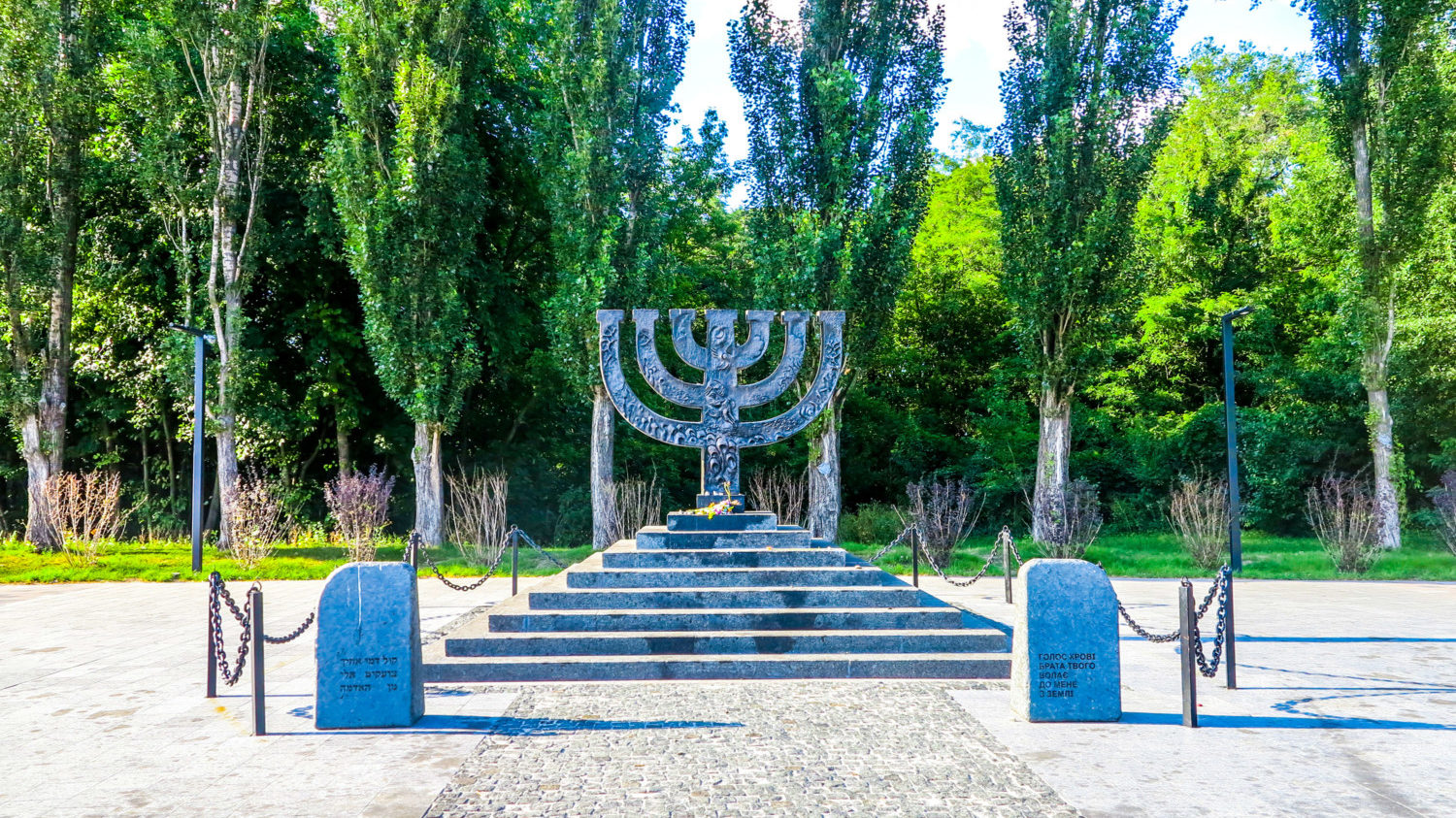The products and services mentioned below were selected independent of sales and advertising. However, Simplemost may receive a small commission from the purchase of any products or services through an affiliate link to the retailer's website.
The world recently recognized International Holocaust Remembrance Day on Jan. 27, which is the anniversary of the liberation of Auschwitz-Birkenau, the largest of the Nazi concentration and death camps. The message of the 2021 commemoration was to defend the truth and share the lessons of Holocaust history, especially in an age where misinformation spreads so easily. As vital as that message is, talking to your children about the horrific events that happened during that period can seem like a daunting task.
However, educators and mental health experts say that it is possible — and important — to talk about the Holocaust in an age-appropriate manner to children. The Holocaust can help teach kids about prejudice, discrimination and human resiliency and can provide insight into societies, World War II, politics and the fragility of human rights.
“The Holocaust is more than a history lesson,” Jane Fossner Pashman, the program director of United Jewish Appeal -Federation’s Witness Project, told Parents. “It’s a lesson in human behavior that resonates today.”
Answer Questions Honestly But Appropriately
Your child might come to you after hearing about Nazi Germany and concentration camps online or from friends. If so, you can begin by asking what they have heard or already know about the Holocaust.
Although many educators believe formal education about the topic shouldn’t begin until middle school, providing brief yet accurate information is better than trying to brush it under the rug.
With that in mind, you should be positive, truthful and reassuring, Dona Matthews, a developmental psychologist and author of four books about children and education, wrote in Psychology Today. Emphasize tolerance and help your child express their own feelings about such a disturbing topic.

Read And Talk Together
UNLV professor Liz Spalding recommends finding children’s books on the subject, such as “Terrible Things: An Allegory of the Holocaust” by Eve Bunting and “The Cat with the Yellow Star: Coming of Age in Terezin” by Susan Goldman Rubin, which are appropriate for children as young as 6. These can provide a good, safe introduction.
“We know that with young children, it’s not appropriate to talk about the horrific images and texts of the Holocaust,” Spalding said in a UNLV article. “Talk about the Holocaust in terms of what’s the right thing to do when everyone else might be doing the wrong thing. There are many children’s books that can give young children hope by focusing on the stories of hope that came out of the Holocaust.”

Other books that might be better suited for the youngest kids don’t actually discuss the Holocaust but convey relevant messages. Shira Deener, the senior program associate for Facing History and Ourselves, recommends books that discuss prejudice, diversity and similar themes. Examples include “The Sneetches and Other Stories” by Dr. Seuss, which is a collection of stories with themes of tolerance, and “One” by Kathryn Otoshi, in which Red bullies Blue, and while the other colors feel bad, none of them stand up for Blue.
“You have to lay the groundwork with these larger human behavior concepts,” Deener told the Israeli newspaper Haaretz. “When those general concepts are laid down from the very beginning I think it really works.”
Deener recommends introducing these concepts to kids in second grade.
“It’s our job to tap into the moral philosopher that lives in every student and we need to honor and respect that moral philosopher,” Deener said, “because kids get what is right and wrong, so you give them language to add to what they intuitively get.”
Dive Into Details Later
Once your children reach middle and high school, you should discuss more of the appalling details of the Holocaust. Begin with the background of events that lead up to Adolf Hitler and the Nazi party coming to power in Germany. If you need to do a little homework yourself, that’s advised, too. If possible, visit a memorial, museum or exhibit that lets the reality of the history sink in.

“There is something powerful about standing in an exhibition and engaging in both an inquiry into history and a reflective look at oneself through this topic,” Thorin Tritter, Ph.D., museum and programming director at the Holocaust Memorial and Tolerance Center of Nassau County in Glen Cove, New York told Parents. “These are places and institutions that can help guide students through this difficult and upsetting topic, providing students and their families with a more thoughtful and more rewarding experience than most teachers can provide in the classroom.”
Remind your kids that love is stronger than hate. Model not only tolerance and respect for others but inclusion and engagement. Let them know that learning about the history of the Holocaust can help us prevent anything like it from happening again.
This story originally appeared on Simplemost. Checkout Simplemost for additional stories.


